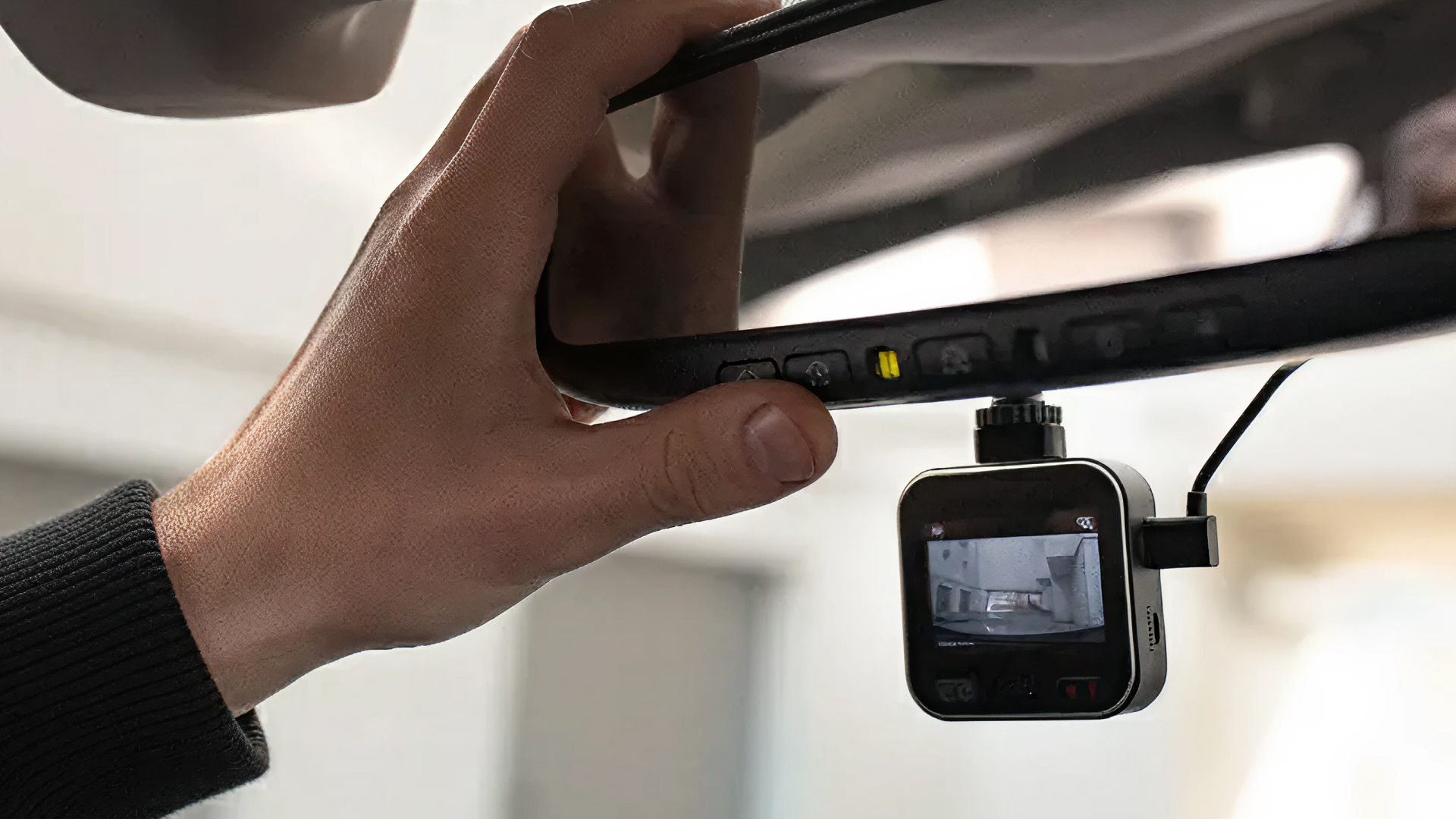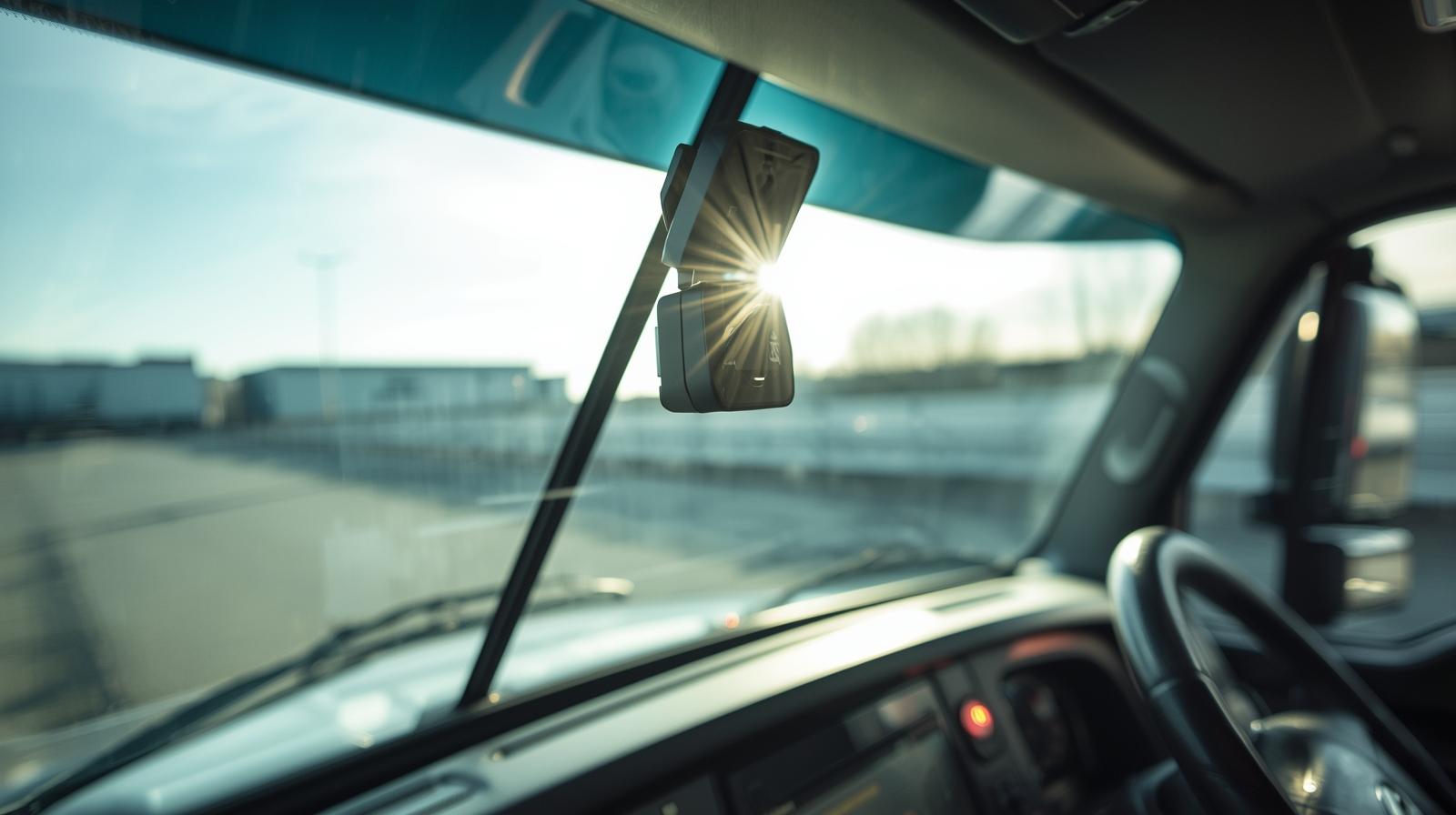The Department of Transportation (DOT) regulates the transportation industry to ensure safety and compliance with rules. DOT violations are serious offenses that can affect commercial drivers, fleet owners, and companies. Understanding DOT violations, their penalties, and how to address them is crucial for maintaining a safe and compliant fleet. In this article, we will discuss the key aspects of DOT violations, including how long they stay on your record, how many violations you can accumulate, how to clear them, and the fines associated with them.
What Is a DOT Violation?
A DOT violation refers to an infraction or breach of the rules set by the Department of Transportation that governs commercial vehicle operation. These violations are primarily related to safety, vehicle maintenance, and the working conditions of drivers. Common DOT violations include failing to follow hours-of-service regulations, not having proper documentation, and not maintaining your vehicle according to safety standards.
These violations can have serious consequences for drivers, including fines, penalties, and potential loss of driving privileges. For companies, a DOT violation could lead to a damaged reputation and loss of business. Understanding what constitutes a DOT violation is essential for avoiding fines and penalties and ensuring your fleet operates within the law.
How Long Do DOT Violations Stay on Your Record?
When you receive a DOT violation, it is typically recorded on your driving record or the company’s fleet record. These violations stay on your record for a specific period, which can vary depending on the severity of the violation and the state regulations.
In most cases, DOT violations stay on your record for a period of three years. However, certain violations, such as serious offenses like driving under the influence (DUI) or reckless driving, may remain on your record for longer, even up to five years or more. These violations can have long-term effects, including an increased risk of fines, higher insurance premiums, and possible suspension of your commercial driving privileges.
Key Points:
- Minor violations: Typically stay on your record for three years.
- Serious violations: Can remain on your record for up to five years or longer.
It is important to note that points are accumulated for violations, and too many points can result in disqualification from driving a commercial vehicle. Therefore, drivers should be mindful of their driving habits and strive to maintain a clean record.
How Many DOT Violations Can You Get?
There is no specific limit to how many DOT violations can you get accumulate, but each violation can result in different consequences depending on the severity. For example, a single minor violation might result in a fine and a point on your record, while multiple violations or serious infractions could lead to license suspension or revocation.
Generally, the more violations you accumulate, the more severe the penalties become. A driver or company may be placed under increased scrutiny by the DOT, and frequent violations can lead to investigations or audits. Drivers who repeatedly violate safety regulations may also face disqualification from operating commercial vehicles, and their CDL (commercial driver’s license) can be revoked.
Key Points:
- Minor violations can accumulate but lead to fines and warnings.
- Repeated violations or serious violations can lead to suspension or disqualification.
It is essential to comply with all DOT regulations to prevent accumulating too many violations, which can result in serious consequences for your career or business.
How to Clear DOT Violations
If you have received a DOT violation, you might wonder how to clear DOT violations from your record. The process of clearing a violation depends on the nature of the infraction and whether it was a mistake or a legitimate violation. Here are some general steps to help clear DOT violations:
Step 1: Review the violation
Carefully review the violation to ensure it was correctly documented. If you believe the violation was issued in error, you can contest it.
Step 2: Fix the issue
If the violation pertains to equipment or paperwork, resolve the issue by repairing the vehicle, updating your records, or ensuring compliance with the rules.
Step 3: Attend a hearing or appeal
For some violations, you may need to attend a hearing or file an appeal to contest the infraction. If successful, the violation could be cleared from your record.
Step 4: Complete a remedial program
In some cases, completing a remedial program or safety course may help reduce the impact of certain violations. This is often applicable for less severe offenses.
Key Points:
- Fix the issue that caused the violation.
- Contest errors by appealing or attending hearings.
- Take remedial courses for certain violations.
Working with an experienced lawyer or consultant who understands DOT regulations may help you clear violations more effectively.
How to Report DOT Violations
If you witness a DOT violation or are involved in an incident with another driver who has committed a violation, it’s important to report DOT violations online to the appropriate authorities. Reporting violations helps ensure the safety of all drivers and maintain compliance with federal regulations.
To report DOT violations online, you can use the FMCSA (Federal Motor Carrier Safety Administration) website, which has a dedicated page for submitting complaints. You can file a report anonymously if you wish, but be sure to provide as much detail as possible to ensure the violation is properly investigated.
Steps to Report:
- Gather evidence of the violation (photos, video, witness statements).
- Visit the FMCSA website and select the reporting option.
- Complete the form with detailed information about the violation.
Key Points:
- Report violations through FMCSA’s online system.
- Provide evidence and details to ensure accurate reporting.
What Are the Fines for DOT Violations?
The fines for DOT violations can vary greatly depending on the nature of the infraction. Minor violations, such as not having the correct paperwork, typically result in smaller fines, while more severe violations like operating an unsafe vehicle or violating hours-of-service regulations can result in larger fines.
- Minor violations: Fines typically range from $100 to $500.
- Serious violations: Fines can reach $1,000 or more for each occurrence.
For repeated violations or serious offenses, companies can face additional penalties such as increased insurance rates or loss of operating privileges. For drivers, multiple serious violations can result in license suspension or even criminal charges in extreme cases.
Key Points:
- Fines for DOT violations can range from $100 to over $1,000.
- Serious violations lead to higher fines and potential license suspension.

How to Check DOT Violations
Knowing how to check DOT violations is important for ensuring that your driving record is accurate and that you are in compliance with the law. As a driver, you can check your DOT record by visiting the FMCSA’s online database, which provides details about your violations, safety rating, and other critical information.
Fleet owners can also use fleet management software to monitor violations for their drivers and ensure compliance with DOT regulations. Regular checks can help prevent costly mistakes and keep your fleet on track.
Key Points:
- Drivers can check their record via the FMCSA database.
- Fleet owners can use software to monitor violations.
Why Ezlogz Can Be Your Best Partner
Ezlogz provides advanced fleet management software designed to keep your fleet compliant with DOT regulations. With real-time tracking, violation monitoring, and automatic reporting features, Ezlogz makes it easier for fleet owners and drivers to stay on top of DOT compliance. We offer tools to track hours of service, vehicle maintenance, and driver behavior, helping you avoid violations before they occur.
Contact Ezlogz Today!
Don’t wait until a violation affects your business. Contact Ezlogz today to learn more about how our software can help you avoid DOT violations and keep your fleet running smoothly. Our team of experts is ready to assist you with compliance management and help streamline your operations for better efficiency and safety.












